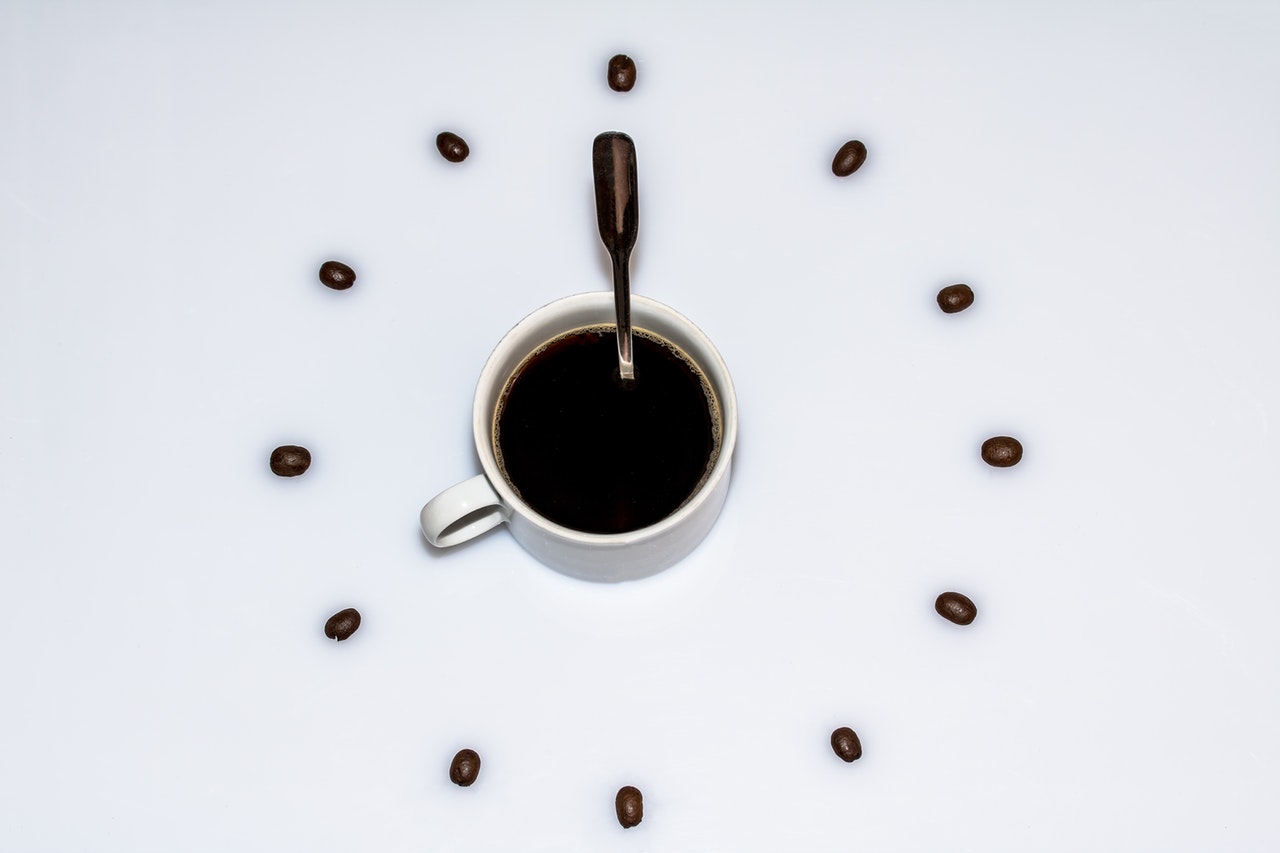
27 Dec The secrets to successfully fasting
I’ve lately been trying fasting. It’s the opposite of the old advice to eat several small meals a day. Constantly digesting food is not necessarily the best state for your body to be in. Sometimes your body might need a break from food.
Most major religions have fasting practices. So I’d assume that traditional wisdom sees a benefit to going without food for a period of time. As a matter of fact, science supports this. Fasting is good for balancing blood sugar, improved cardiovascular health, weight loss and improved body fat percentage, improved brain health, improved cholesterol, increased energy, and more longevity. Wow. That’s a list.
My favorite benefit of fasting is autophagy, which is a fancy way of saying that your body removes old, dying cells, and replaces them with nice new healthy cells. Cells constantly replace themselves anyway, and fasting speeds up that process. So now you have more healthy young cells that function better.
My least favorite reason for fasting is weight loss. Fasting can lead to weight loss, but not always. Weight loss is complex, and many factors can override weight loss that could normally happen with fasting, like lack of sleep or exposure to toxins. But fasting leads to health, and healthy bodies tend to be a healthy weight. So I fast even if the scale doesn’t move.
If you’re going to try fasting, you need to ease into it and do it right. Here are some guidelines. And of course, fasting is not right for everybody, especially pregnant women and growing children.
Successful fasting guidelines
Clean up your diet. You can’t fast all day and then break the fast with donuts and soft drinks. Shift from processed food to real food first. When the vast majority of your diet is real food that’s clean and fresh, you can move to fasting.
Eat only three meals a day. If you are a snacker, or a multi-small-meal-eater, shift to only three meals. Get used to eating less often so you don’t stress your body with an abrupt change.
Add more fat and limit sugar and starchy carbs. You could go keto, which is high in healthy fat and low in starches, but you don’t have to. The point is that fats and protein sustain you between meals. Starchy carbs and sugars do the opposite. They keep you constantly hungry. So you need to get used to getting your energy from natural fats and proteins.
Start slow. Your body adapts to fasting with practice. Do not push yourself too hard. If you do, you will stimulate cortisol, the stress hormone. Cortisol is associated with ill health and weight gain, so you won’t be getting the benefits of fasting.
Drink. Stay well hydrated by drinking lots of water. Non-caloric drinks like coffee, green tea, and herbal teas are allowed while fasting.
Do not feel bad from lack of food. If you have a hunger pang, wait a minute and see if it goes away. If you feel woozy, or can’t concentrate, or just feel yucky, it’s time to eat. You can try a longer fast next time as your body adapts.
Fast overnight. This is the easiest way to begin fasting. Go 12 hours between dinner and breakfast. That’s not hard at all, if you finish eating at 8pm and have breakfast at 8am. But no late night snacking.
Or skip breakfast. This doesn’t work for everybody. Women especially may do better with breakfast. Some women do better with at least some fat like butter or MCT oil in their coffee. Also, breakfast can help set your circadian rhythm so you sleep better at night. Just experiment and see how it works for you.
Or skip lunch. Eat breakfast and bring your lunch with you. Delay it by an hour, or two, or three. Any increase in time between meals can be beneficial.
Or skip dinner. I don’t always recommend this because it’s often the healthiest meal of the day. You don’t want to sacrifice nutrition for spacing out your meals. But some recommend dinner as the best meal to skip.
24 hour fast. Once you’re adjusted to fasting, you can try going from dinner one day till dinner the next, skipping breakfast and lunch. Don’t do this two days in a row. And don’t do a longer fast without talking to your doctor.
Do not eat less, just less often. When I fast, I find it a challenge to eat as much as I do when not fasting. But restricting calories does not work well for weight loss or for building health so eat what your body needs to thrive. If you just eat real food, you likely won’t overeat.
Mix it up. Feasting and fasting. Don’t fast everyday. Fast occasionally and eat regular meals on the other days. Keep your body guessing. No stress.
Maybe not exercise. Some people think they get a better workout if they exercise while fasting. Or it may create too much stress. You might want to exercise on non-fasting days, or after your fast is over.
Personalize. For almost every suggestion I’ve made, you can find an author who says the opposite. That’s because everyone is different, and what works for one, may not work for another. So try out these guidelines and see what works for you.
Do you need help personalizing your diet and health habits? I can help you. I’m a National Board Certified Health and Wellness Coach. Contact me to set up a free phone call. Let’s see if we can work together.
Comments: Tell about your experience with fasting.
Dr. Mercola: Fasting
Chris Kresser: Intermittent Fasting
Bulletproof: Intermittent Fasting
Bulletproof: Women and Fasting
Jason Fung: Fasting
Dr. Axe: Fasting
Aviva Romm: Intermittent Fasting and Women
This article is for information purposes only. See Disclaimer below.



No Comments